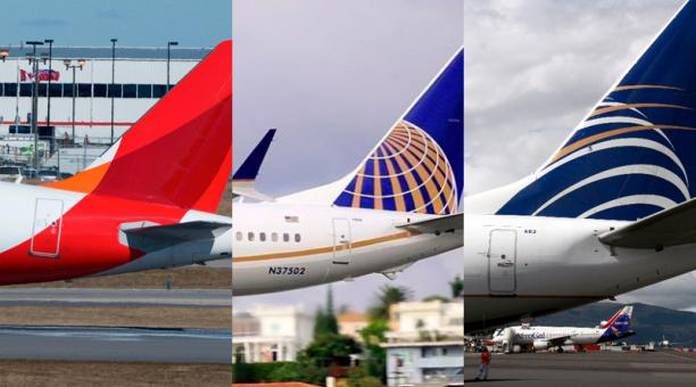
By Adrian Loveridge
With the recently announced major changes taking place across the region, is it time for our banks radically to change the way they currently run their businesses?
What prompted these thoughts was looking at new innovative players in the market, noticeably in the United Kingdom and particularly with Starling Bank. Absolutely no service fees, higher interest on deposits than we can currently dream of and perhaps most appealing of all, no indeterminate queuing in a branch to perform what are often mundane banking transactions.
In a video posted on YouTube under the title ‘They Said It Couldn’t be Done – Starling Bank’, the story of what is now a working reality and seemingly successful outcome is carefully explained.
Of course, it is not a model for all existing users in the Caribbean, as it is entirely dependent on mobile internet availability, but if just ten percent of current traditional banking customers adopted this way of doing business, just think of the potential effect that could have at individual branch level.
When one of our banks unilaterally decided to replace credit cards with new chip and pin alternatives, no-one could reasonably question that it would result in increased security. But then in our case it took a total of five separate personal visits to the branch, before we were finally in possession of cards that were not frequently declined at various merchants.
In all fairness, the bank involved finally agreed to refund the annual card fee, but that certainly did not make up for the numerous branch visits, enormous waste of time and burning up gallons of fuel at the one of the highest petrol prices in the world, even after the recent 20 cents per litre price reduction.
What I cannot understand is, when my new American Express card arrives by normal mail, I can simply go online or call a toll free number to activate it in seconds.
Like many perhaps, I was horrified to read that Barbadians had a quoted “$347 million in credit card debt” according to media report adding that a mind boggling 129,000 credit cards were in use during 2017.
With unpaid balance interest rates hovering around 22 percent, it is certainly very easy to see the attraction to our financial institutions, especially when they are only paying 0.01 per cent interest on deposited monies.
It is not difficult to understand our banks are trying hard to mitigate the losses on government debt default or fiscal ‘haircuts’ and perhaps they see that they can only make up these losses by extracting further fallacious fees through their normal customer base.
However, with the introduction of ever more nebulous service charges, I believe that we are getting very close to that much used saying: “the straw that broke the camel’s back”, which will inevitably drive current customers into more affordable alternatives.
The banking industry cannot surely believe that it is immune from the widely practiced competition that takes place in all other industries and services?
Perhaps they are gambling on the existing status quo, where they enjoy unique trading privileges not afforded to other possible financial challengers.
Of course, a simple change in legislation could fundamentally transform that.





